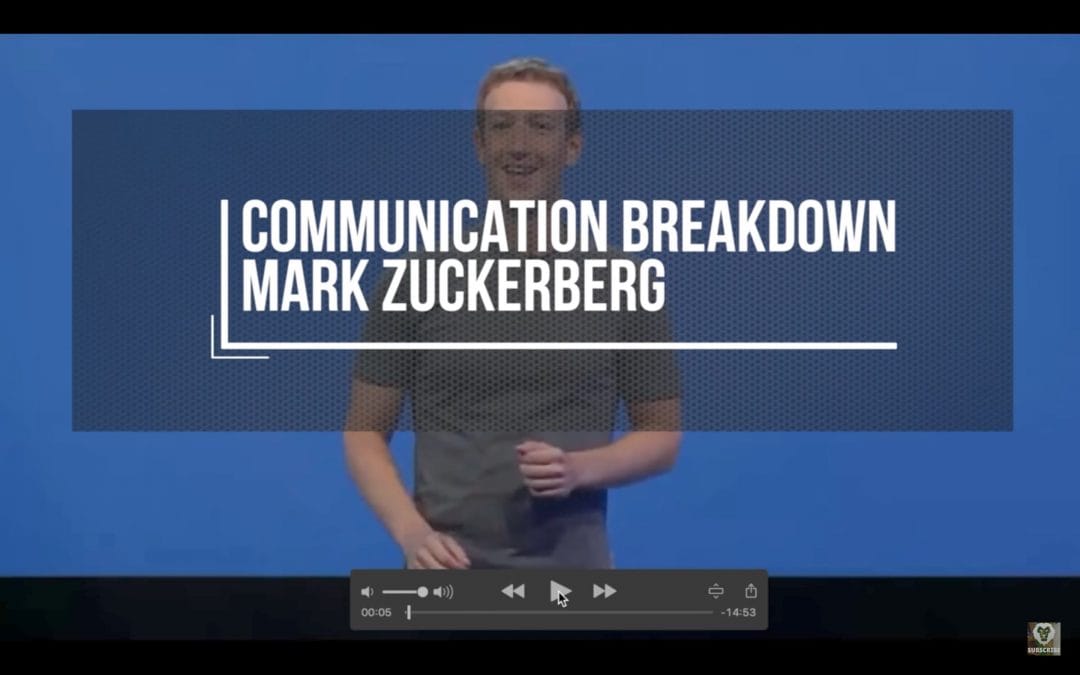The Consumer Financial Protection Bureau (CFPB), an independent agency established in the aftermath of the 2008 financial crisis, is facing a contentious overhaul under its new acting director, Russell Vought. In an email distributed to all employees over the weekend, Vought mandated an immediate cessation of “virtually all” agency activities, including its vital work in tackling financial abuse. This directive has ignited both national and international debate over the implications for consumer protection, especially in an era of increasing financial sophistication and risk.
The CFPB was originally conceived to serve as the watchdog for everyday Americans navigating complex financial landscapes. Its mandate encompassed everything from clamping down on fraudulent lending practices to ensuring transparency in credit card agreements and mortgages. However, Vought’s directive appears to signal a sharp pivot in the agency’s priorities. Employees were informed that any ongoing supervisory or enforcement actions must receive explicit approval from the acting director’s office or conform to legal requirements demanding immediate action.
According to sources familiar with Vought’s announcement, the acting director cited a need for “reevaluation and redirection of resources” as the rationale behind this sweeping decision. However, critics argue that the timing and broad scope of the gesture suggest a calculated effort to undermine regulations and accountability measures traditionally resisted by some sectors of corporate America.
The memo also indicated operational changes on a more practical level. Employees and contractors based in Washington, D.C., were instructed to work remotely due to the temporary closure of the bureau’s headquarters. While logistical reasons such as maintenance and upgrades were initially provided, some insiders perceived this as further evidence of the administration’s intention to scale back the CFPB’s operations.
Historically, the CFPB has been a polarizing institution. Its creation, part of the Dodd-Frank Wall Street Reform and Consumer Protection Act, was hailed as a watershed moment for consumer rights advocates. The bureau’s efforts to hold banks and other financial entities accountable have led to billions of dollars in fines and restitution for consumers.
On the other hand, critics—predominantly from financial and political sectors—have long argued that the bureau operates with an overbroad mandate and insufficient oversight. They contend that its practices stifle innovation and perpetuate inefficiencies within an already overly regulated financial system. For these critics, Vought’s policy pivot may represent a much-needed check on what they perceive to be an overreaching regulatory apparatus.
Still, consumer advocacy groups have sounded the alarm. They argue that pausing existing cases and halting new investigations into financial malpractice leave vulnerable populations without crucial safeguards. Advocates also warn that significant rollbacks in the bureau’s activities could discourage whistleblowers from stepping forward and diminish public trust in a system designed to ensure equal footing in financial dealings.
The repercussions of stalling the CFPB’s core functions could also reverberate globally. The agency has previously been regarded as a model for consumer protection, cited by other nations seeking to strengthen their oversight mechanisms in complex, interconnected global financial markets. Any perceived step back from the CFPB could send shockwaves through international financial systems, potentially undermining confidence in not just the U.S. market but worldwide standards for financial integrity.
The acting director’s edict has also attracted scrutiny from legal experts. Several have raised concerns about the potential for judicial challenges to the order, citing statutory obligations tied to the bureau’s foundational legislation. While there has been no official public comment from the OMB or the administration, recent reports suggest that factions within the government are preparing a unified defense of the decision.
This latest development arrives at a politically charged moment. The broader economic context includes inflationary pressures, expanded consumer lending, and high-profile corporate bankruptcies, all of which have heightened focus on systemic financial vulnerabilities. The acting director’s decision, described by some as pragmatism and by others as ideological overreach, will undoubtedly become a touchstone in upcoming policy debates and, potentially, future election cycles.
Reports indicate that the CFPB workforce is grappling with uncertainties stemming from the sudden transition of priorities. While some employees have expressed private concerns over the agency’s diminished role, others are reserving judgment, citing potential opportunities to streamline operations and eliminate bureaucratic inefficiencies.
As stakeholders look for clarity, the CFPB’s immediate and long-term agendas remain clouded in ambiguity. Whether this pivot marks a temporary recalibration or the initiation of long-lasting structural changes to the bureau—and by extension, its ability to protect consumers—only time will tell.


